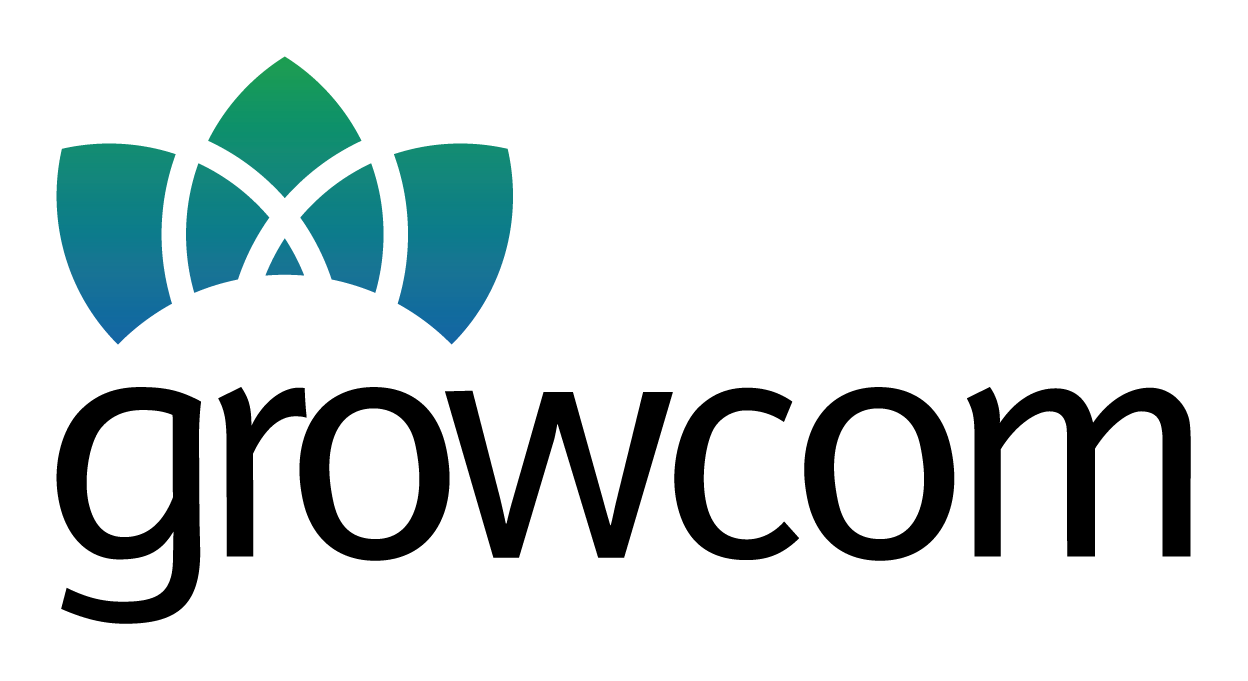Diverse Queensland Workforce Pathways: Building a solid base to enhance horticulture
Putting boots on farms in the Darling Downs region is in full swing, through the Diverse Queensland Workforce (DQW) program being delivered by Growcom in collaboration with The Mulberry Project.
Under the program migrants, international students, and refugees are being placed in agriculture-related jobs, Mulberry Project Founder and Managing Director, Louise Noble said.
“To date we have engaged 56 participants, 15 in the professional stream and 41 in the vocational stream,” Louise said.
“The needs of these two groups are quite different and we have designed a range of training and support solutions to address the barriers to employment that each group faces.
“Many of the group in the professional stream are highly skilled researchers at the cutting edge of Ag Innovation: from waste processing and renewable energy, digital ag systems, through to integrated pest management and crop research.”
Through Growcom’s DQW program, each participant undergoes a skill gap analysis to determine what support and training they require to become job ready.
In all, the DQW program will link 80 students with career opportunities on the Darling Downs.
For many participants who first gained skills and qualifications abroad, the DWQ program provides an opportunity to upskill and/or gain Australian accreditation of their prior learning with a goal to secure employment in their technical area.
There is a wide range of opportunities for participants to enable them to improve their skills. These opportunities are customised for participants depending upon their needs.
“Many participants have skills, qualifications and experience gained in their home countries however they lack local networks and work experience,” Louise said.
“The program aims to address the skills gaps identified for participants and to work proactively with employers to create work experience and internship opportunities to bridge the gaps to employment.
“Improving language skills and confidence is a key to success.”
A recurring theme for participants in the DQW program is the contrast in agricultural production systems in their home countries and those in their new home on the Darling Downs.
For Diana Sanchez – a biological control agent specialist – the big, blue skies that spread out over vast cropland on the Darling Downs is in stark contrast to the green houses filled with row upon row of flowers in Colombia.
“I used to work in greenhouses with roses and here with the open fields it’s a different implementation [of biological control agents],” Diana said.
While Diana and her husband are now settled and committed to living and working in the Toowoomba region, their move from Colombia to Australia took them via Melbourne.
“After COVID started we realised Melbourne wasn’t the city to be in if I wanted to work in agriculture,” Diana said.
“When I started looking for a job, Toowoomba came up a lot of times in the job advertisements.
“I don’t regret that decision we took [to move to Toowoomba]. It’s been an amazing change.”
While Diana currently works as a seed analyst for Agetal, she said she wants to learn as much about Australian agriculture as possible – one of the main motivators for her enrolment in the DQW program.
For Sailesh Thapa, who will graduate from USQ with a Masters in Agricultural Engineering, he is motivated to explore the world of agricultural mechanisation in Australia.
“I have seen the hardships farmers go through with the terrace farming in Nepal,” Sailesh said.
He said he has had a dream since childhood to contribute to the improvement of agriculture here as well as in Nepal.
“I always dreamt of mechanization like what I saw on TV in developed countries,” Sailesh said.
“My parents are farmers and I wanted to contribute to them in a better way.
“These things always fascinated me.
“I want to build a career in agricultural engineering, helping me build my career, making me familiar with people and networks.”
For Javier Jimenez, a biowaste specialist with a decade’s experience as a lecturer and researcher in Colombia, the DQW program is an opportunity to connect with other industry stakeholders.
The QUT doctoral student said the science and engineering thesis he is currently working on involves developing new chemicals to treat bio-waste and the DQW program provides plenty of opportunities to network and connect with like-minded specialists.
“My impression of Australian agriculture is that there are a lot of opportunities around technology for foreign workers to get involved with. This is a growth area for us,” Javier said.
This project is proudly funded by the Queensland Government through its Diverse Queensland Workforce program.
